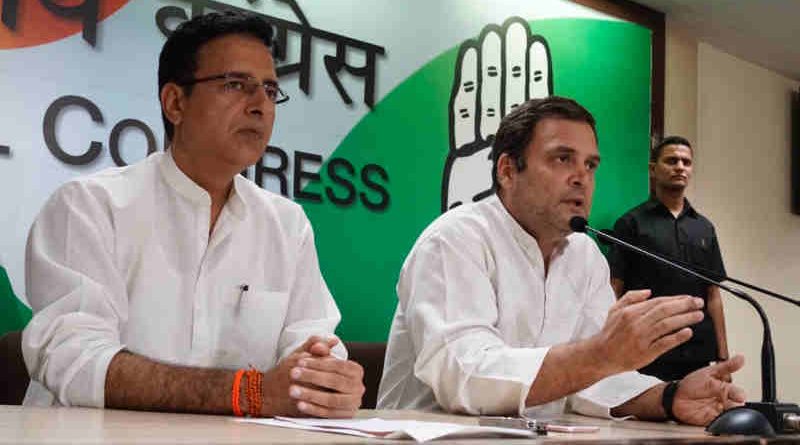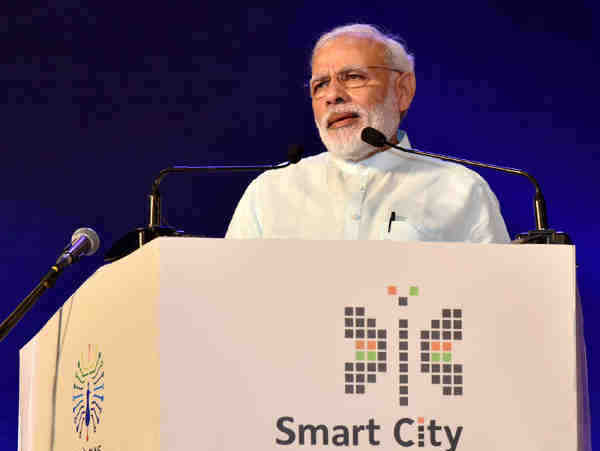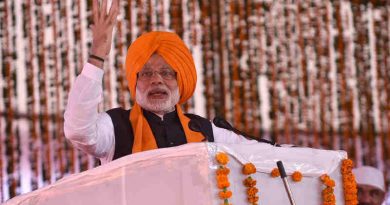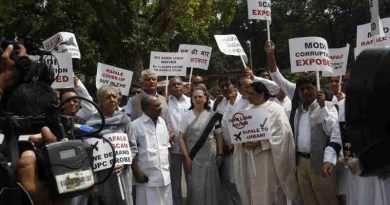Can New Manifesto Committee Help Congress Win Lok Sabha Election?
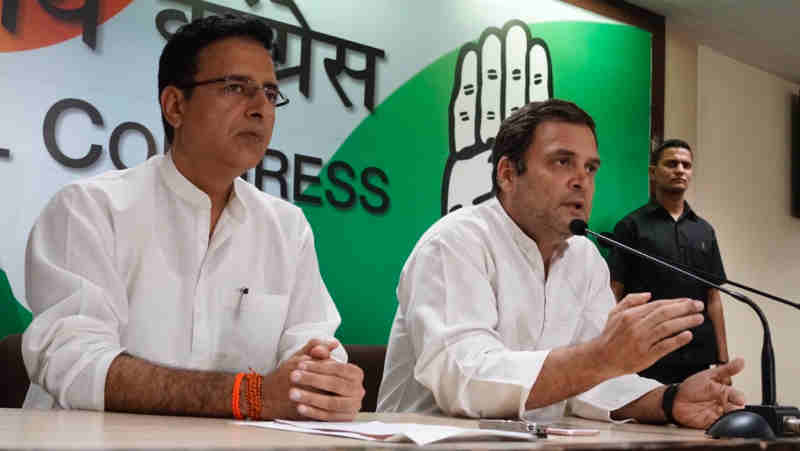
As most Congress leaders lack knowledge of the current political ecosystem in India, they fail to realize that a manifesto is a wastepaper which is not read even by the party members.
By Rakesh Raman
While an election manifesto in India is a kind of cheat sheet to make false promises and hoodwink the gullible voters, Congress has embarked upon a new exercise to make its manifesto for the upcoming Lok Sabha election scheduled to take place in 2019.
“For its 2019 campaign, party president Rahul Gandhi has announced a 19-member manifesto committee, bestowing them with the responsibility of countering the BJP’s undemocratic agendas through a manifesto which is truly for the people,” Congress said.
The party claims that its manifesto will focus on providing jobs to the youth, ensuring that the poor and marginalized are empowered, and it will try to undo the damage to the economy which the ruling NDA / BJP government has inflicted.
As most Congress leaders lack knowledge of the current political ecosystem in India, they fail to realize that a manifesto is a wastepaper which is not read even by the party members, let alone the voters.
This article is part of our exclusive editorial section that focuses on Lok Sabha Election 2019 in India.
A manifesto has no relevance for voters because it is observed that people who vote in Indian elections are mostly poor, uneducated, and ignorant who are cheated by corrupt politicians with their ad campaigns and false promises.
While almost all politicians in India are corrupt – many are facing serious criminal charges – they have been winning elections by dividing voters on the basis of their caste, creed, color, and religious affiliations. Elections are also being won by bribing the voters, intimidating them, or by tampering with the Electronic Voting Machines (EVMs).
Then where will Congress use the manifesto that it is planning to make? The party must know that only those politicians and political parties will win future elections in India who know the art of stealing voter databases and hacking EVMs.
In some areas where voters are highly educated, a proactive interaction with them can help a political party. But it is being observed that Congress lacks content and communication skills that are required to woo the educated voters.
All the communications of Congress are designed to criticize PM Narendra Modi – particularly Modi’s demonetization decision and Goods and Services Tax (GST) introduction.
Educated people (who are less than 5% in India) are fed up with Rahul Gandhi’s oft-repeated, monotonous speeches on demonetization and GST. Worse, there is no communications expert in Congress who could bring freshness to the content of Rahul Gandhi’s speeches.
As Congress workers also lack new-media skills, the party’s messaging on social media properties such as Twitter is not quite effective. The social media team of Congress also does not understand the different digital formats to deliver content to different categories of information consumers. Plus, social media qualitative impact analysis is another subject that Congress workers need to learn.
More importantly, Congress must know that no publicity is bad publicity – particularly for Modi. Instead of talking only about Modi and attacking his policies, the traditional party must reveal its own road maps to achieve targets in critical areas such as employment, education, trade, health care, corruption, and so on.
The new manifesto committee members are Manpreet Badal, P Chidambaram, Sushmita Dev, Rajeev Gowda, Bhupinder Singh Hooda, Jairam Ramesh, Salman Khurshid, Bindu Krishna, Selja Kumari, Raghuvir Singh Meena, Bhalchandra Mungekar, Meenakshi Natrajan, Rajni Patil, Sam Pitroda, Sachin Rao, Tamradhwaj Sahu, Mukul Sangma, Shashi Tharoor, and Lalitesh Tripathi.
By Rakesh Raman, who is a government’s National award-winning journalist and social activist. He had been associated with the United Nations (UN) through United Nations Industrial Development Organization (UNIDO) as a digital media expert. He is the founder of a humanitarian organization RMN Foundation which is working in diverse areas to help the disadvantaged and distressed people in the society.

